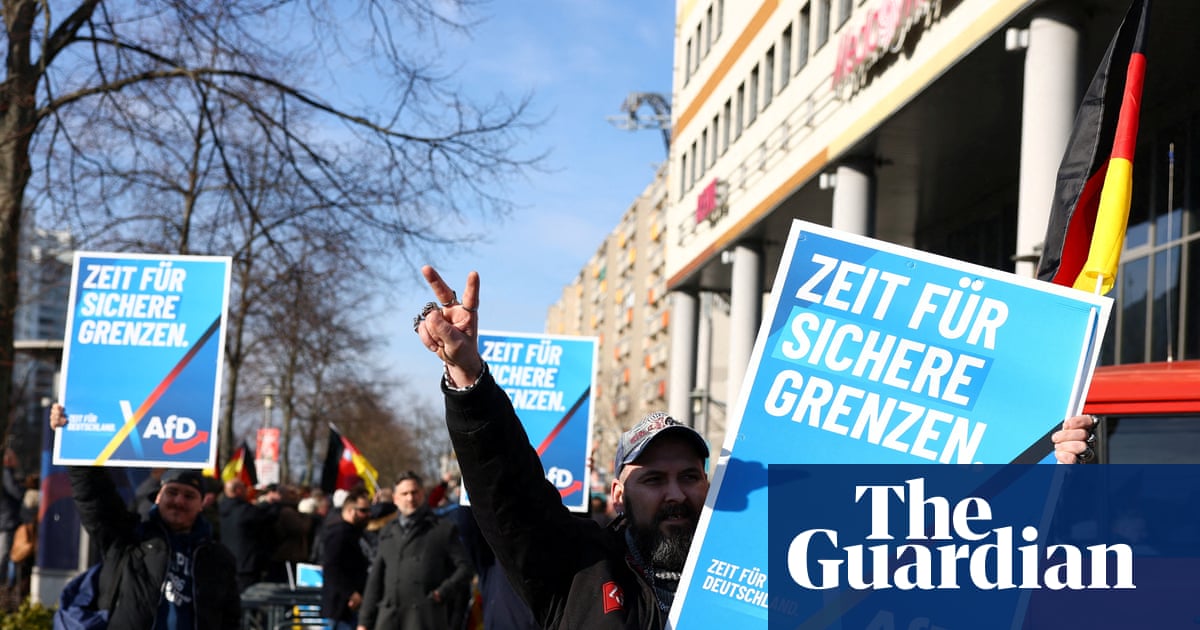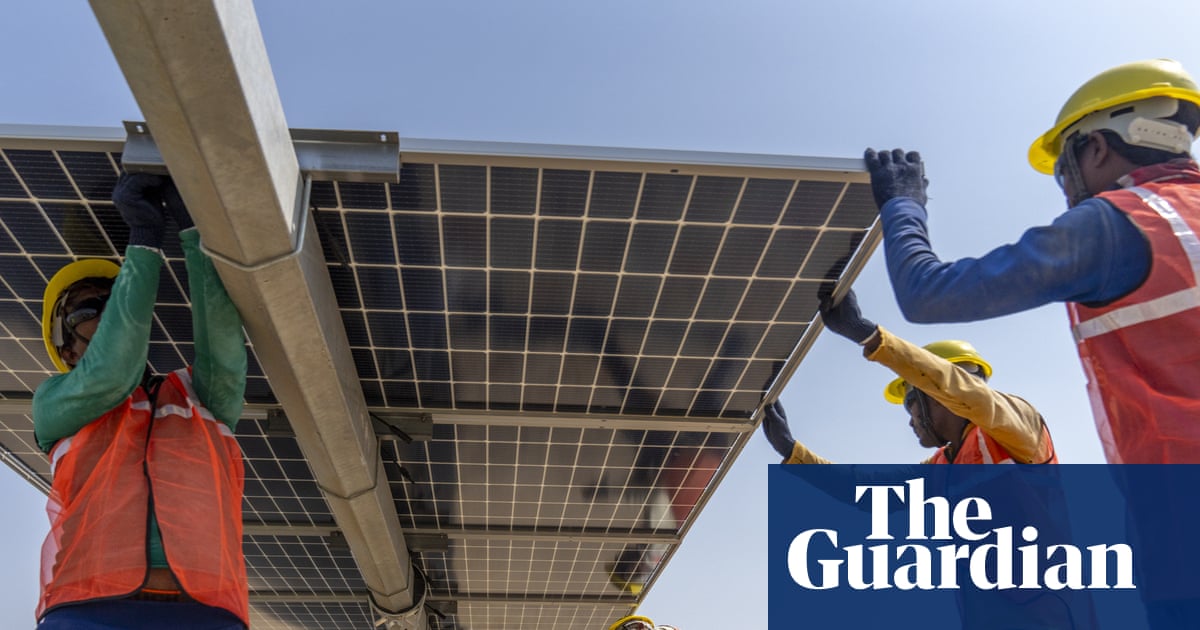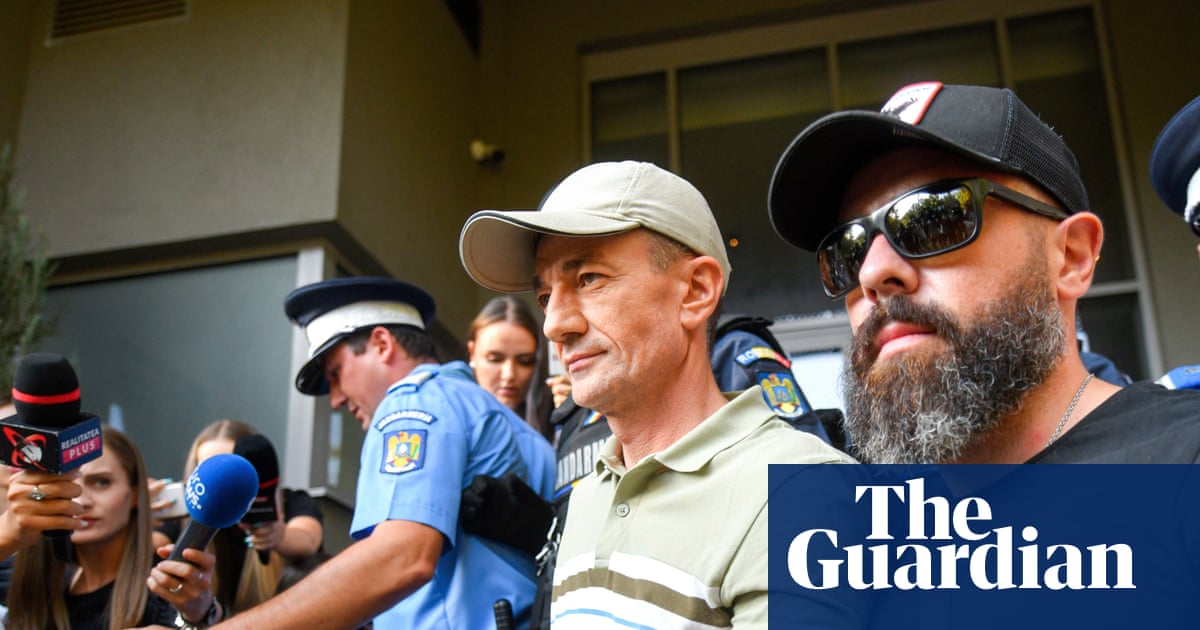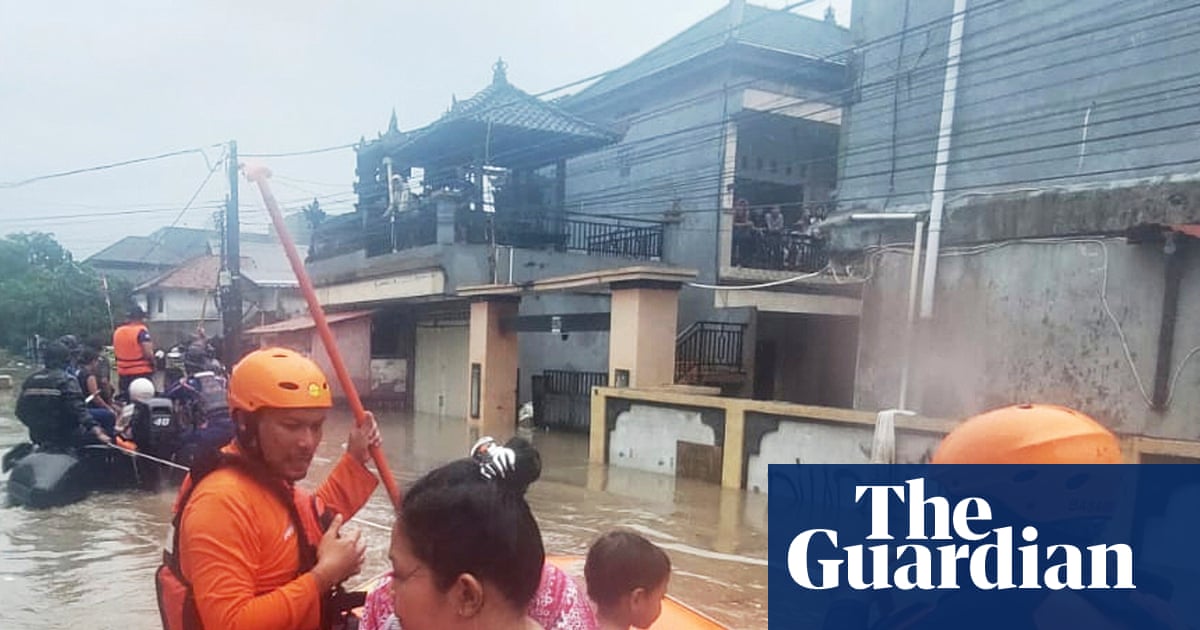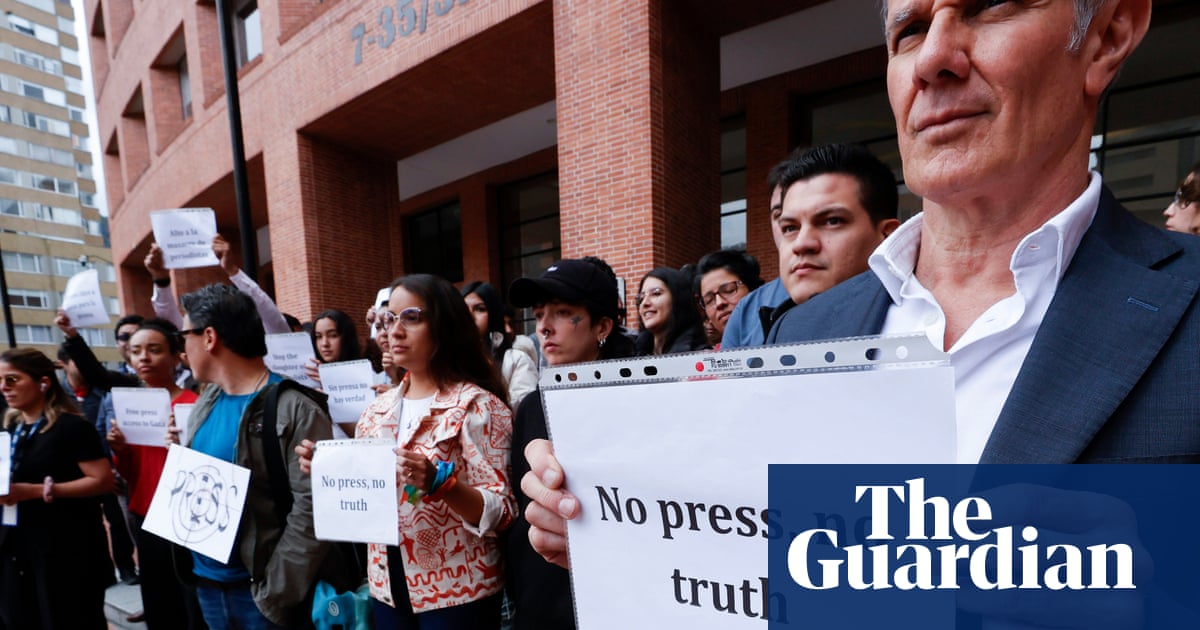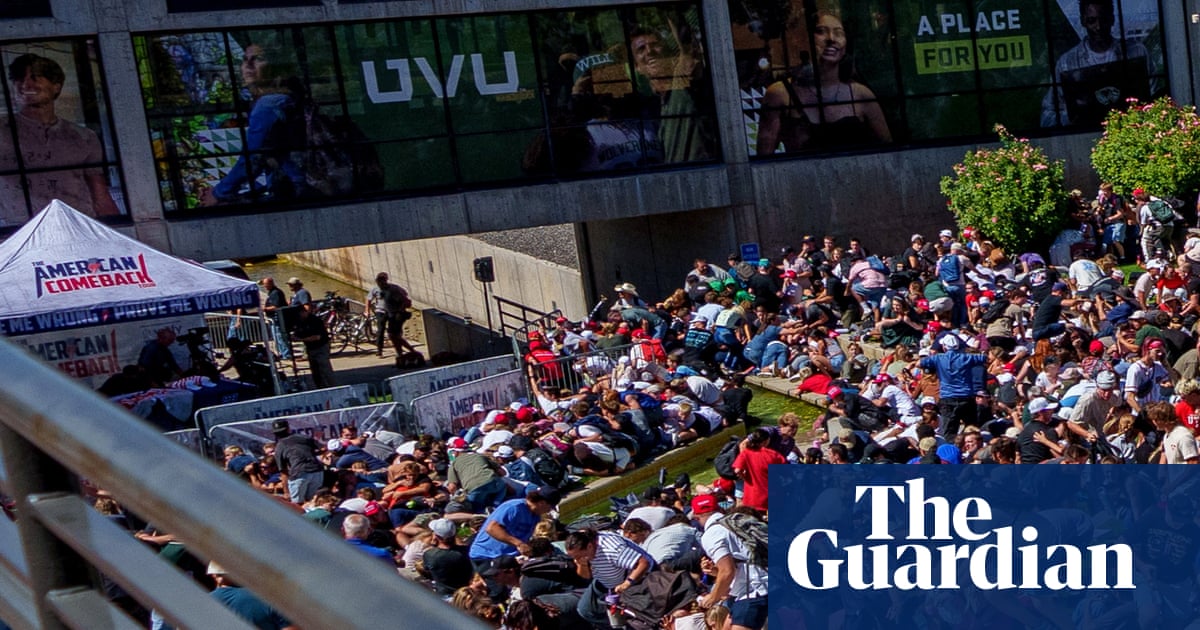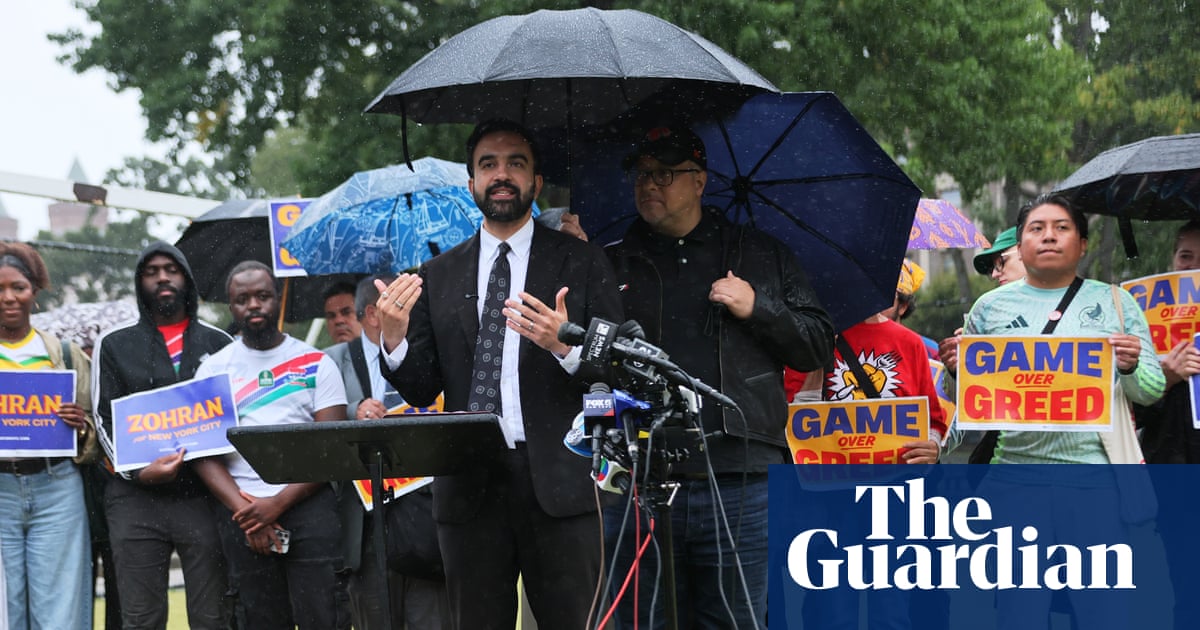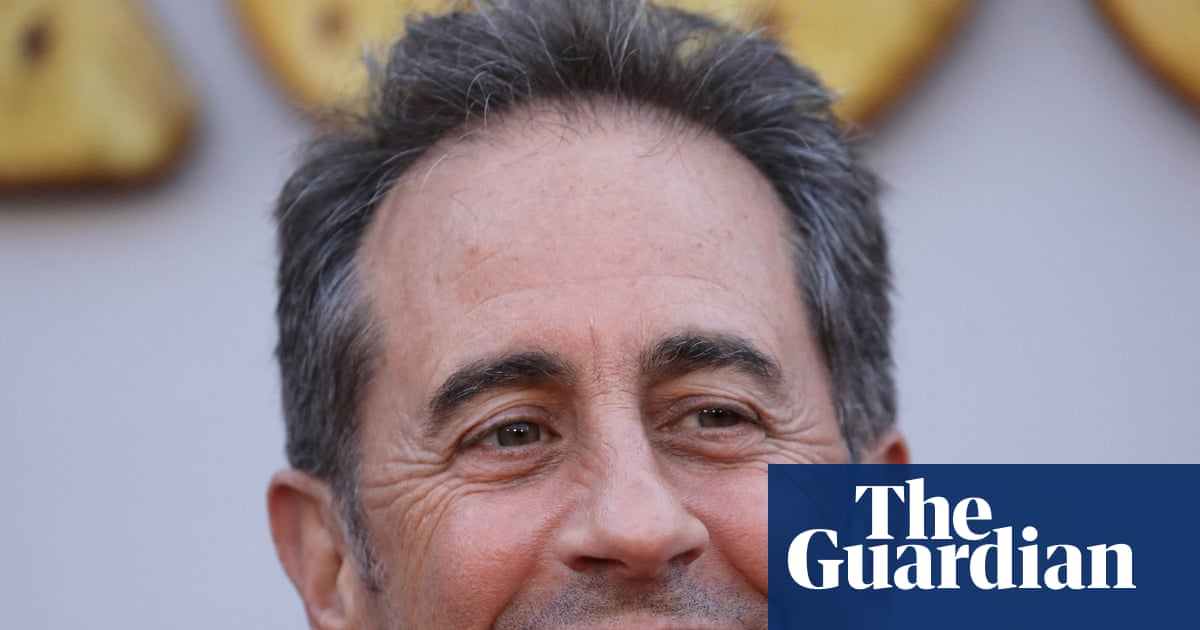At about 2am on Sunday, Basel al-Barawi was dozing fitfully in his home in Beit Lahiya, northern Gaza. For hours, he had listened fearfully to the sound of explosions and shooting.
Then there was a massive blast. Barawi ran out to the street and saw that his cousin’s house had been bombed, with 10 people inside. The strikes on Beit Lahiya came days after Israel launched a major new offensive, named Operation Gideon’s Chariots.
“They were all martyred. Only a six-year-old girl survived, and she is now in the hospital. We started pulling them from under the rubble – their features were disfigured, their bodies covered in dirt, their clothes torn. Their skin had turned grey from the ash and dust. I felt my heart tearing apart as I carried them and handed them over to others,” the 46-year-old said.
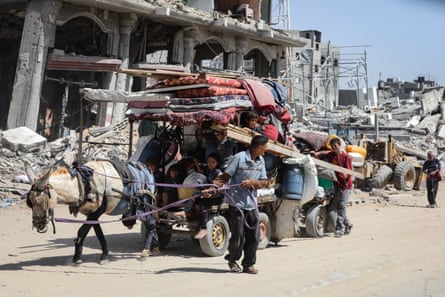
Hours later, Barawi loaded his own family into a battered hired car along with as many belongings as could fit. They headed south towards Gaza City in search of relative safety.
“I went there without knowing where we would settle, and I don’t know anyone around me … Our bodies and faces are no longer as they were before the war. We don’t recognise ourselves, so how can others recognise us?” he told the Guardian.
Abdel Khaleq al-Attar had also fled to Gaza City after witnessing the bombing of Barawi’s cousins. Attar and his family had been living in a tent, after being displaced eight times during the 19 month-long conflict.
“It was one of the hardest nights Beit Lahiya has ever experienced,” the 23-year-old said. “When we evacuated, we only brought personal belongings and two blankets. The road was dangerous and exhausting. There were hundreds of people walking while carrying their belongings, others sitting on the roadside completely worn out. Now we are sleeping in our tent in the street.”
Hundreds have died in waves of airstrikes in Israel’s new offensive, mostly civilians according to medical and civil defence officials in Gaza, though the leader of Hamas in Gaza has reportedly been killed too
Now in Gaza City, Attar faces another threat. Gaza has been under a tight blockade imposed by Israel 11 weeks ago and stocks of food, medicine and fuel are almost exhausted. Israel says the measure is necessary to prevent Hamas exploiting aid to fund its military and other operations.
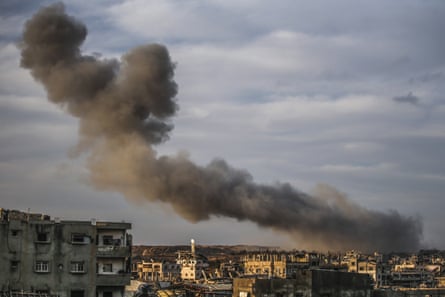
However, the consequences for the shattered, traumatised population are clear. The small supplies of essentials are unaffordable for many, and food security experts have described a critical risk of famine amid already soaring acute malnutrition.
Few in Gaza place much confidence in the announcement on Sunday night by Israel’s prime minister, Benjamin Netanyahu, that “basic aid” would now be allowed into Gaza.
“We are facing real starvation. I have three children to feed,” Attar, a labourer, said.
The war in Gaza was sparked by a surprise attack launched by Hamas into Israel in October 2023, which killed 1,200, mostly civilians. The militant Islamist organisation also took 251 hostages, of whom 57 remain in Gaza, though more than half are thought to be dead. The successive Israeli offensives have killed more than 53,000 Palestinians, mostly civilians.
The Israeli military did not offer an immediate comment on the strikes in Beit Lahiya but had previously said it followed international law and took “feasible precautions to mitigate civilian harm”. Israel also accuses Hamas of using civilians as human shields – which the group denies. Israel issues evacuation orders before some strikes to warn civilians of forthcoming operations but no recent such orders appear to cover Beit Lahiya.
Among the war’s most recent casualties was Nesma Salem’s older brother. The 20-year-old student and her family decided to flee Beit Lahiya on Friday morning after nights spent “in utter darkness, in every sense of the word”. But as they loaded her brother’s car with their belongings for the trip to Gaza City, artillery shells began to fall nearby.
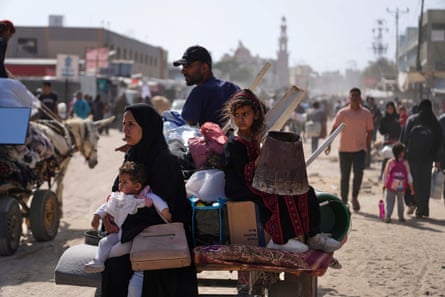
“People started fleeing in all directions. We tried to get out as fast as we could, but we weren’t fast enough,” Salem said.
There were three sudden explosions. When Salem looked around, she saw bodies scattered in the street – children, men and women.
“I turned around and saw my brother Rajeb lying on the ground. He told me he was OK, but then he lost consciousness. I checked his pulse – it was still there. I tried to find someone to help carry him or treat him, but everyone around us was injured themselves,” Salem said.
“I ran back home and found my uncle who helped carry my brother. Then ambulances transported him to the hospital. The doctor checked him and immediately declared him dead. I couldn’t believe it. I begged the doctor to check again, to try to resuscitate him. They said there was no hope. I started screaming.”
Rajeb Salem, who was 22, was hastily buried in Beit Lahiya. Then the family fled.
“My father drove my brother’s car, but many of our belongings were lost or damaged in the strikes so we only managed to bring some food, summer clothes, and blankets. The road was exhausting, packed with cars full of displaced families’ belongings, rubble everywhere, and the sky covered in smoke from the nonstop bombardment,” Nesma Salem said.
The family found shelter in the house of a relative in Gaza City, already overcrowded with fugitives from elsewhere. They too face hunger as well as grief and shock.
“Our stock of aid is gone. The flour is gone. We used to grind pasta and bake it as a bread substitute – now even the pasta is finished. Today, we ground lentils and kneaded into dough,” said Salem.
She has little interest in the continual rumours of a new ceasefire.
“What difference does it make to me? Will they bring my brother back to life? I no longer care about ceasefires or Beit Lahiya. I will never go back there. I can’t imagine our home without my brother in it … Our hearts ache.”

 3 months ago
45
3 months ago
45
